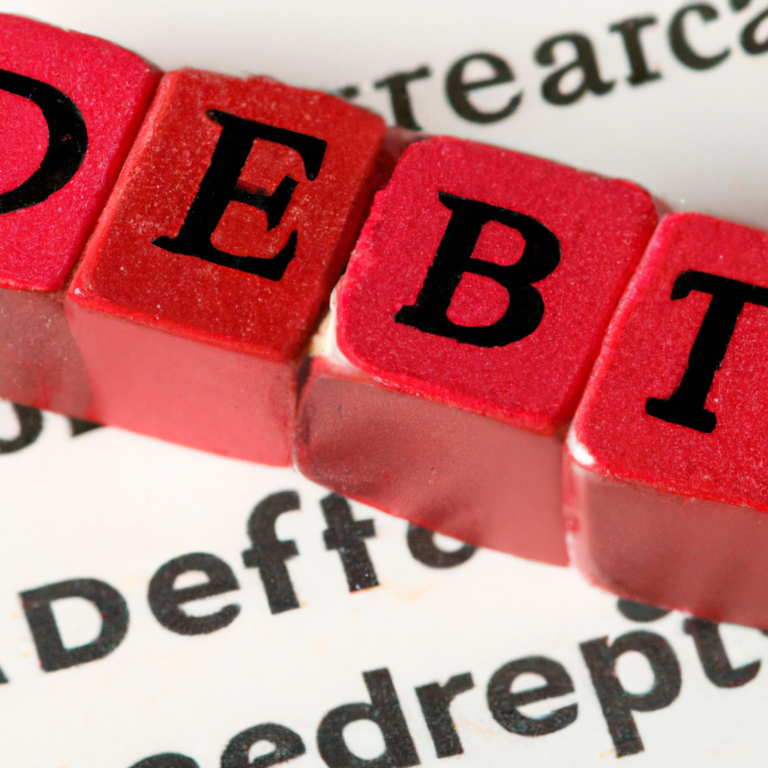What is Debt Consolidation?
Debt consolidation is a financial strategy that allows individuals to combine multiple debts into a single, more manageable payment. It’s a practical approach for those struggling with various loans, credit card balances, and other financial obligations. This article explores the concept of debt consolidation and offers valuable insights on how to consolidate your debt wisely.
The Benefits of Debt Consolidation
Lower Interest Rates
One of the primary advantages of debt consolidation is the potential to secure lower interest rates. When you consolidate your debts, you may qualify for a loan or credit card with a more favorable rate than what you’re currently paying on your individual debts.
Simplified Finances
Managing multiple monthly payments can be overwhelming. Debt consolidation simplifies your financial life by streamlining your payments into one, making it easier to track and manage your debt.
Improved Credit Score
Debt consolidation can have a positive impact on your credit score. By making consistent, on-time payments, you demonstrate responsible financial behavior, which can lead to an improved credit rating over time.
Types of Debt Consolidation
Personal Loans
Personal loans are a common choice for debt consolidation. They offer fixed interest rates and repayment terms, making it easier to budget for your monthly payments.
Home Equity Loans
If you’re a homeowner, you can use your home’s equity to secure a loan for debt consolidation. Home equity loans typically offer lower interest rates, but they involve using your home as collateral.
Balance Transfer Credit Cards
Balance transfer credit cards allow you to move high-interest credit card debt onto a card with a lower introductory interest rate. This can be an effective short-term strategy.
Choosing the Right Debt Consolidation Option
Assessing Your Debt Situation
Before consolidating your debt, assess your financial situation. Determine the total amount you owe, the interest rates on your existing debts, and your ability to make consistent payments.
Interest Rates and Terms
Compare interest rates and terms offered by different consolidation options. Look for options that provide a lower overall cost for repaying your debts.
Fees and Hidden Costs
Be aware of any fees associated with debt consolidation, such as origination fees or balance transfer fees. These costs can impact the overall affordability of the consolidation solution.
The Debt Consolidation Process
Gathering Your Debt Information
Compile a list of all your outstanding debts, including the creditor’s name, outstanding balance, interest rate, and minimum monthly payment.
Applying for a Consolidation Loan
Once you’ve chosen the right consolidation option, apply for the loan or credit card. Ensure you meet the eligibility criteria and provide accurate financial information.
Paying Off Your Debts
After securing a consolidation loan, use the funds to pay off your existing debts in full. This marks the beginning of your debt consolidation journey.
Tips for Successful Debt Consolidation
Create a Budget
Develop a realistic budget that accounts for your monthly expenses and debt repayment. Stick to this budget to ensure you can manage your consolidated debt effectively.
Avoid New Debt
While consolidating your debt, refrain from accumulating new debt. Changing spending habits is crucial to achieving financial stability.
Seek Professional Advice if Needed
If you’re uncertain about the best approach to debt consolidation, consult with a financial advisor or credit counselor. They can provide personalized guidance.
The Impact on Your Credit Score
Positive Effects
Consistently making on-time payments on your consolidated debt can boost your credit score over time, demonstrating responsible financial behavior.
Potential Drawbacks
Missed payments or additional debt accumulation after consolidation can harm your credit score. It’s essential to manage your finances wisely during this process.
Frequently Asked Questions (FAQs)
- What is the difference between debt consolidation and debt settlement?
Debt consolidation involves combining multiple debts into a single payment, while debt settlement negotiates with creditors to reduce the overall debt amount.
- Can I consolidate student loans along with other debts?
Yes, you can include student loans in a debt consolidation plan, but federal and private student loans may have different consolidation options.
- Is debt consolidation the same as refinancing?
No, debt consolidation combines multiple debts into one, while refinancing replaces an existing loan with a new one, often with better terms.
- How long does it take to see improvements in my credit score after debt consolidation?
It can take several months to see significant improvements in your credit score after successful debt consolidation.
- What happens if I miss a payment after consolidating my debt?
Missing a payment can have adverse effects, potentially leading to late fees, increased interest rates, and damage to your credit score.
Conclusion
Debt consolidation can be a powerful tool for regaining control of your finances. By understanding the benefits, choosing the right option, and managing your debts wisely, you can consolidate your debt effectively and work towards a debt-free future.
…

